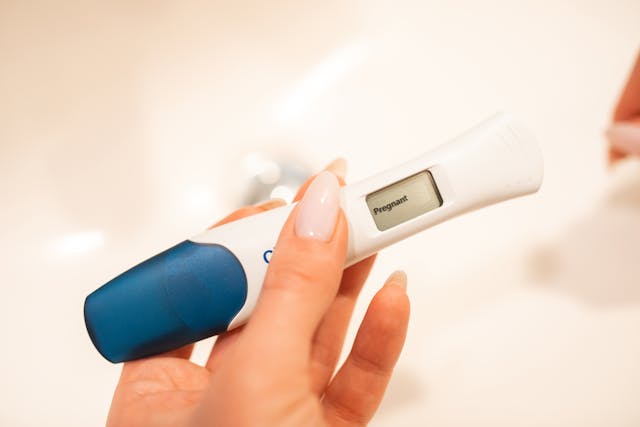Although it’s important that pregnant women get as many vitamins and minerals as possible through a well-rounded diet, it’s likely that even the healthiest eaters are not getting an optimal amount of vitamins and nutrients from food. But it can be difficult to judge exactly what supplements to take during this time.
A lot has changed in the last 10 years in regards to what professionals suggest for pregnant women and their dietary needs. Many of the vitamins that women had been told to take no longer make ‘the list’. In addition, new deficiencies have been discovered in pregnant women that should be addressed through dietary supplements if possible.
Vitamin B6
Not only is Vitamin B6 important for your baby’s developing brain and nervous system; Many women swear by it’s ability to alleviate their nausea and morning sickness, though nobody is sure why this is. Common foods that contain B6 include beans, nuts, potatoes, bananas, lean meat, and fish.
You can also increase your daily intake by drinking Red Raspberry Leaf Tea or taking Red Raspberry Leaf in capsule form. This amazing herb, which is also recommended to prepare your body for labor, birth, and postpartum, naturally contains Vitamin B6.
Vitamin D
Especially in those parts of the world that experience less sunlight during the winter, Vitamin D deficiency is quite common. This lack of sunlight, coupled with our overall decline in consumption of naturally grown fresh fruits and vegetables, means that most people are just not getting enough Vitamin D. Pregnant and nursing women especially need to increase their intake of this essential vitamin.
Vitamin D has recently been attributed to lowering the risks of developing several chronic illnesses, and may even reduce the likelihood of complications during pregnancy. Fish and milk products are naturally good sources of Vitamin D, including milk, cheese, and yogurt. There’s really no such thing as getting ‘too much’ Vitamin D, which is why I think a daily Vitamin D supplement is always a good idea. Find a Vitamin D and Calcium combination supplement if at all possible.
Folic Acid
For some time now, Folic Acid has been known to help prevent serious birth defects in babies. Because Folic Acid plays such an important role in a baby’s development from the very beginning, It’s not only recommended for pregnant woman; It’s a very vital nutrient for women of all childbearing years, especially those who are trying to conceive. It is also a valuable source of natural energy for you.
You can increase your intake of Folic Acid naturally by eating more whole grains, dark green leafy vegetables, beans, and citrus fruits. Even if you’re getting plenty of these foods, it’s still a good idea to take a daily Folic Acid supplement.




